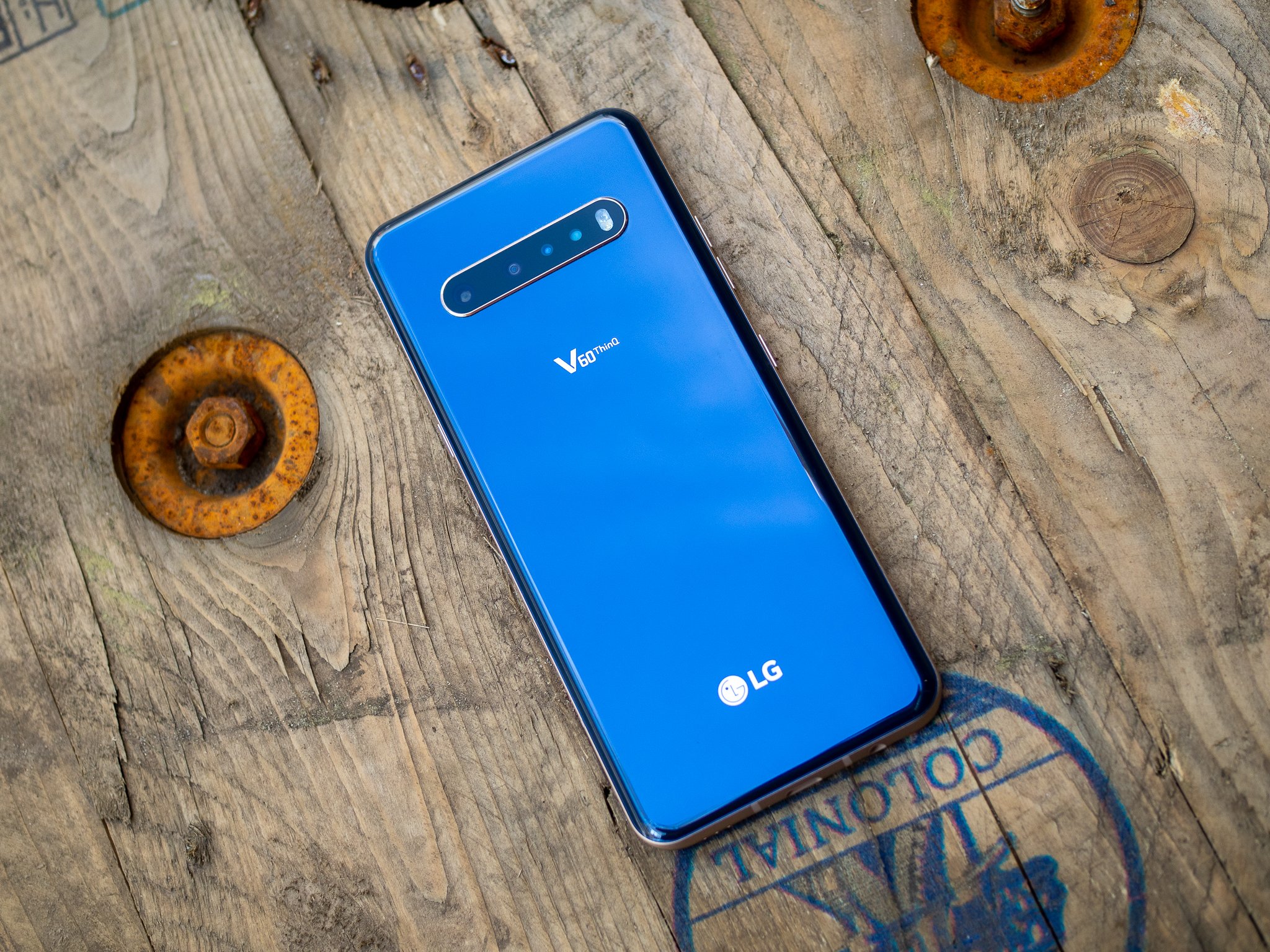From the Editor's Desk: OK with getting it wrong

Happy Mother's Day! It's a bit different this year, of course, but I hope you get a chance to honor, if possible, the person who brought you into this world, and if you have one, the partner who's helping you get through it.
I wanted to write this week's column about how connecting with family during the pandemic has been fraught and confusing but ultimately rewarding as we all learn to grapple with the dysfunction of platform dependency and standards fragmentation. But that's not really interesting — we've all settled on Zoom, for better or worse, and I've managed to convince many of my friends to use Duo, which is a pretty good product.
But the truly mindblowing news this week was Google's admission that its flailing messaging strategy needs a complete overhaul, starting with a consolidation of products under one team, led by the man, Javier Soltero, who built Outlook Mobile over at Microsoft. While Google isn't actually going to create a single messaging service for consumers and businesses across all platforms like many people, the company is promising a more coherent rollout and upgrade strategy as well as better marketing around what each product does and whom it's for.
Google is in this position, though, because it got Hangouts wrong when it launched back in 2013, and then got Allo wrong in 2016, and RCS wrong in 2018, and many more before all of those. Remember Buzz, or Wave, or even Google+? I want Google to nail this because I want what amounts to iMessage on Android, a ubiquitous messaging layer that just works inside the messaging app that I open by default dozens of times a day. RCS isn't exactly that savior, but it's as close as we've gotten to date. Relying on it, though, is foolish.
Anyway, I bring all this up because I want to admit that I was wrong, too. Back in March, before I'd even touched the phone, I spoke dismissively of the LG V60 on an episode of the Android Central Podcast, long before I got to hold it for the first time and use it as my daily driver.
I mentioned how it was too big, that its camera was disappointing, and that its software was a mess. I mentioned that despite its lower-than-Galaxy-S20 price, it probably wasn't a great buying decision. I said these things because I've had very mediocre experiences with LG phones over the past couple of years, going all the way back to the G7.
But I got it wrong. The V60 is a phone you have to live with to understand, a product whose benefits reveal themselves as you acclimate to its quirks. And the V60, like all LG handsets, has its share of quirks. But there were also moments of sublimeness offset my preconceived notions, and ultimately the combination of performance, battery life, camera experience, and audio prowess won me over.
Be an expert in 5 minutes
Get the latest news from Android Central, your trusted companion in the world of Android
I already admitted all of this in a follow-up podcast with the inimitable Juan Carlos Bagnell, known around the internet as SomeGadgetGuy, who has been very bullish on the V60 this year. I've also discovered a rock-solid community of fans who all want to help one another to get the most out of their new phone.
When you give opinions about things for a living, you're bound to make mistakes. Tastes change and products get better, or you discover how to live with or overcome things about it that bugged you at the beginning. It's why we as a company try to revisit popular products after a few months, and why many people hold off buying a phone until some of the bugs have been ironed out.
I watched this video from my buddy Jaime Rivera at Pocketnow where he goes into why he was hesitant to review the OnePlus 8 when he first got his hands on it because it didn't seem finished. A few software updates later, he (rightfully) felt like it was in a more appropriate state of dress (though I still think the camera is a disappointment, but that's another article).
The reality is that companies like LG, OnePlus, Samsung, Apple and others have to undo the baggage of previous generations every time they release a new product. OnePlus phones had bad cameras, so they'll always have them. iPhones have terrible battery life, so any improvements require intense scrutiny. LG's software is always bad, so it's not even worth trying to use. Samsung's Bixby has never been helpful — actually, that one hasn't changed.
My point is that in the smartphone game it feels like endemic problems are self-fulfilling prophecies, ones that will continue to plague successive products like some sort of digital genetic disorder. These inherited traits cloud the coverage that many of these phones receive, and reduce the conversation to variations of the same theme, year after year. I'm not saying these accusations are always wrong, but we in the industry are wrong not to push back against them as hard as possible.
In a macro sense, I don't think this is going to change anytime soon, but this perspective helped me push past the cloud that lay over LG's latest flagship when I got it in for review last month.
In this case, I'm happy to admit I was wrong — and I hope to recognize and publicize that fact whenever it happens, because it makes me a better person and a more well-rounded reviewer.
Hope you're all doing well, staying safe, and showering your moms with praise and gifts.
- Daniel
Daniel Bader was a former Android Central Editor-in-Chief and Executive Editor for iMore and Windows Central.

